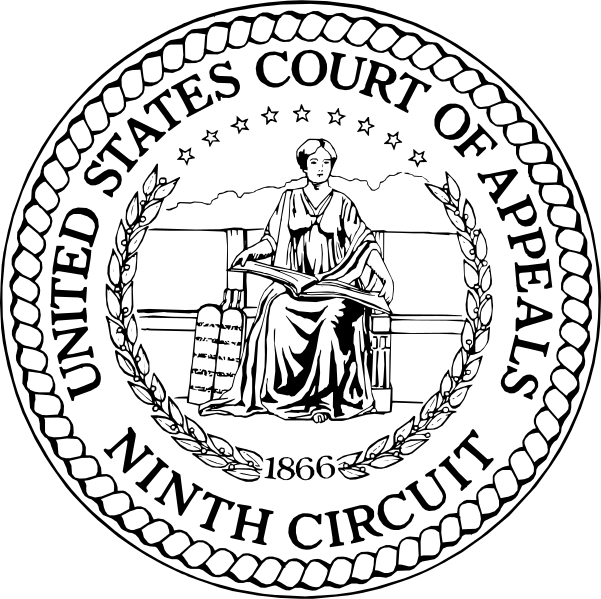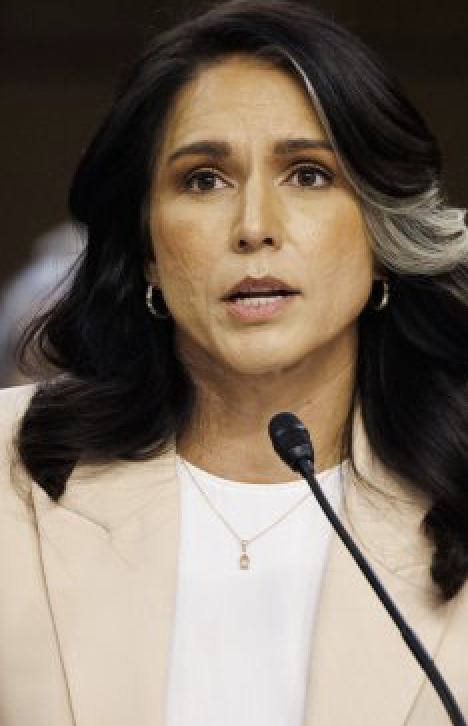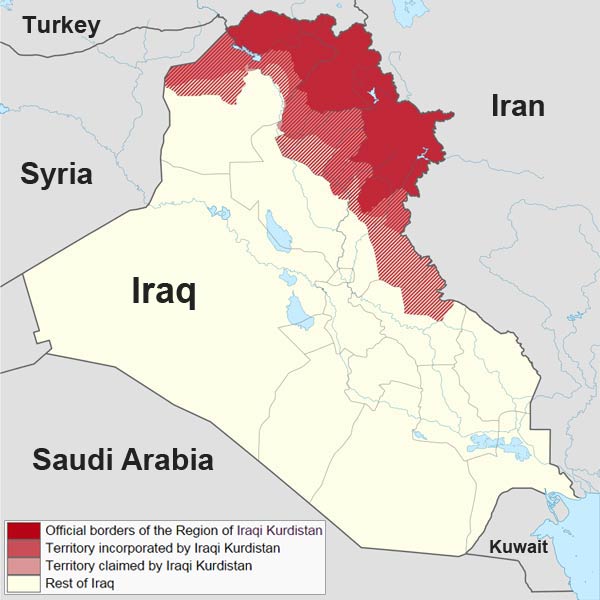June 16, 2017
 One of President Trump’s most recent tweets was cited Monday as a sixth court ruled against Trump’s ban on visas to nationals of six countries, including Iran.
One of President Trump’s most recent tweets was cited Monday as a sixth court ruled against Trump’s ban on visas to nationals of six countries, including Iran.
Trump has now lost six times in a row on his visa ban and has yet to win a single case.
The 9th US Circuit Court of Appeals Monday upheld an injunction placed on the visa ban, and specifically referenced a tweet the President shot out in the days following the terror attacks in London earlier this month.
Trump tweeted: “That’s right, we need a TRAVEL BAN for certain DANGEROUS countries, not some politically correct term that won’t help us protect our people!”
As it turns out, the judges on the 9th Circuit Court saw in that tweet a statement that undermines the whole reasoning behind the visa ban.
“Indeed, the President recently confirmed his assessment that it is the ‘countries’ that are inherently dangerous,” the judges wrote in their opinion, “rather than the 180 million individual nationals of those countries who are barred from entry under the President’s ‘travel ban’.”
Trump’s lawyers have told the courts that they should look only at official documents and ignore the president’s tweets because they aren’t the official statements of the US government. But the judges pointed out that White House Press Secretary Sean Spicer had himself instructed reporters to view the President’s tweets as official statements from the White House.
Trump’s allies have long been concerned that the president’s tweeting habit will inhibit the West Wing’s ability to move policy forward.
“The point cannot be stressed enough that tweets on legal matters seriously undermine [the Administration’s] agenda and POTUS [President Of The United States] — and those who support him, as I do, need to reinforce that point and not be shy about it,” George Conway, a lawyer married to White House senior adviser Kellyanne Conway, tweeted earlier this month. “These tweets make some people feel better, but they certainly won’t help [the solicitor general] get five votes in [the Supreme Court], which is what actually matters.”
The visa ban will likely head to the Supreme Court now that two US Courts of Appeals have ruled to uphold injunctions on the President’s visa ban. But it cannot be heard any earlier than October under the court schedule. But this month, the court is expected to rule on whether the visa ban should be allowed to take effect while the court has the underlying legal questions under review.
The three judges of the 9th Circuit, all appointed by President Bill Clinton, wrote, “We conclude that the President, in issuing the Executive Order, exceeded the scope of the authority delegated to him by Congress.”
The judges largely affirmed Hawaii US District Court Judge Derrick Watson’s decision from March which found the core provisions of the revised executive order — temporarily blocking all refugees and foreign nationals from six Muslim-majority countries from entering the US — likely violated the Constitution because its primary purpose was to disfavor Muslims.
However, unlike the Fourth Circuit Court of Appeals in Richmond, Virginia, which shot down the president’s revised travel ban on constitutional grounds last month, the Ninth Circuit, based on the West Coast, was persuaded by statutory claims under the federal Immigration and Nationality Act.
“The [Executive] Order does not offer a sufficient justification to suspend the entry of more than 180 million people on the basis of nationality,” wrote the panel.
The court went on to explain that the federal immigration law “requires that the president exercise his authority only after meeting the precondition of finding that entry of an alien or class of aliens would be detrimental to the interests of the United States. Here, the President has not done so.”
“Immigration, even for the President, is not a one-person show…. National security is not a ‘talismanic incantation’ that, once invoked, can support any and all exercise of executive power under” federal immigration law, the judges wrote.
The 9th Circuit judges said the facts the president marshaled in his orders are too flimsy to meet the standard federal immigration statutes require to implement a halt to visa issuance for nationals of particular countries.
The court did limit the scope of Watson’s ruling in one respect: inter-agency review of foreign countries’ vetting procedures.
Acting Solicitor General Jeffrey Wall had previously maintained that the administration was forbidden from conducting “a review of the vetting procedures” with respect to the six countries the ban covered—but the Ninth Circuit concluded Monday that Watson “abused its discretion in enjoining inward-facing agency conduct because enjoining this conduct would not remedy the harms asserted by Plaintiffs.”
But that partial victory may actually hurt the administration’s chances before the Supreme Court, said Steve Vladeck, CNN legal analyst and professor at the University of Texas School of Law.
“By holding that the district court was wrong to block the executive order’s internal review procedures, the court of appeals allowed that review to go forward—and, in the process, took away one of the arguments the government had been making in the Supreme Court for why the Hawaii order should be overturned,” Vladeck said.
The 9th Circuit ruling emerged just two hours before a deadline for visa ban opponents to weigh in at the Supreme Court on the Trump Administration’s pending requests to take up the legality of the revised travel ban order and to allow Trump’s directive to take effect in the meantime.
The briefs filed Monday accuse the Trump administration of dragging its feet on the visa ban litigation as far back as February and now suggesting to the justices that reviving the president’s directives is an emergency.
“At every turn, the Government has opted to delay rather than accelerate judicial review,” Hawaii’s legal team wrote.
“The government has failed to move with real or consistent urgency,” attorneys for the plaintiffs in the Maryland case contend. “The government has repeatedly delayed actions that could have moved the ban forward. As a result, some four months have elapsed since the original ban was enjoined. This delay undermines the govern-ment’s contention that it needs to implement the ban now.”
An unusual twist in the Supreme Court’s consideration of the issue is that the 90-day visa suspension Trump ordered In March was supposed to end this week, on Wednesday. That’s a day before day the justices were due to discuss the cases at a closed-door conference.
The five other countries impacted by Trump’s proposed visa ban are Syria, Libya, Sudan, Yemen and Somalia.























